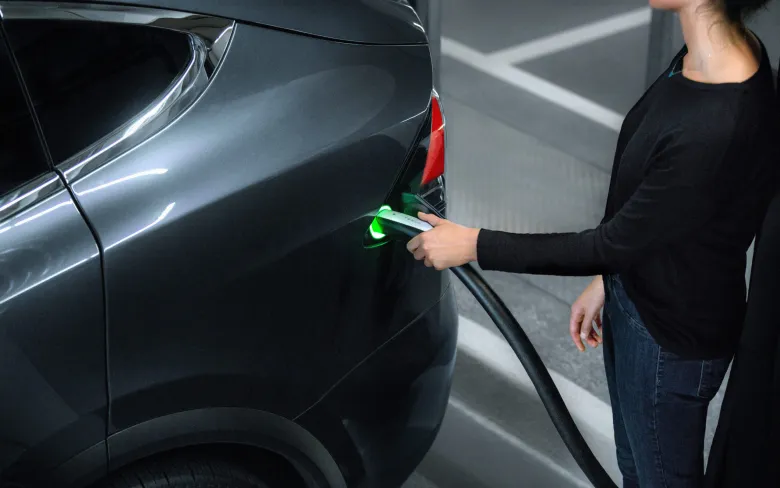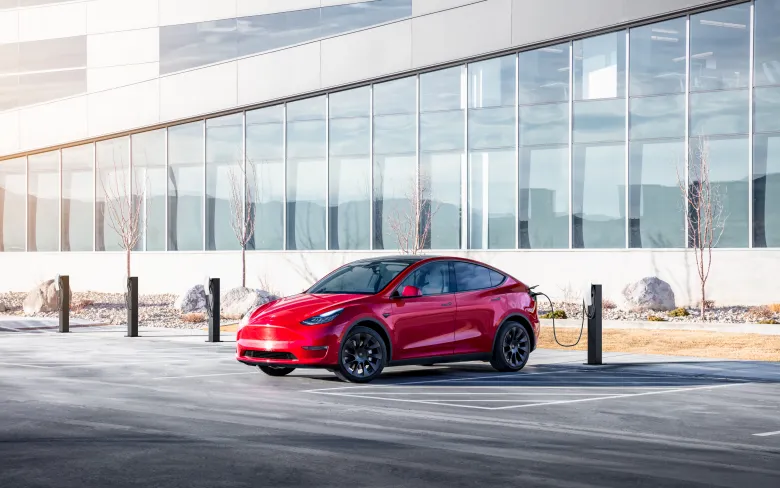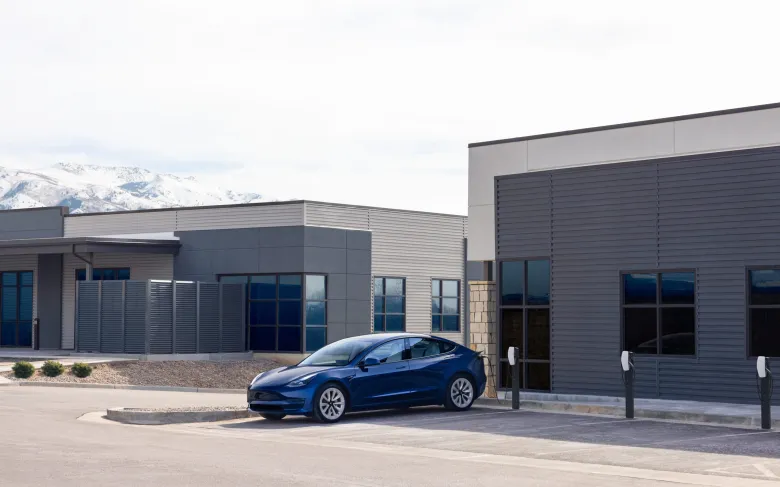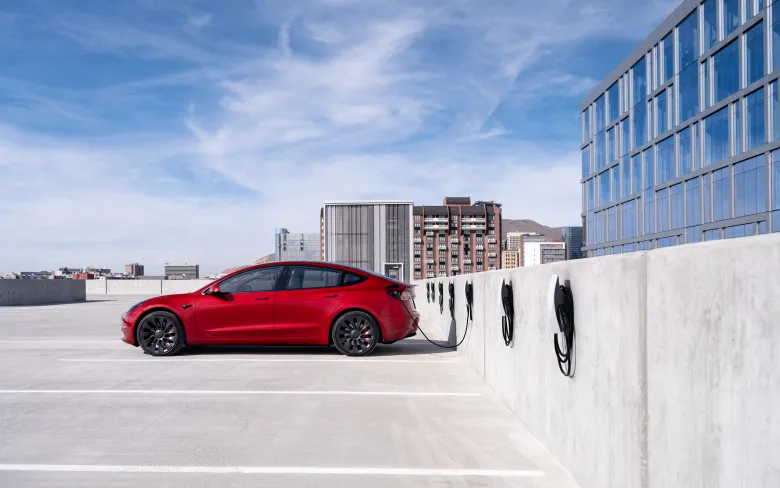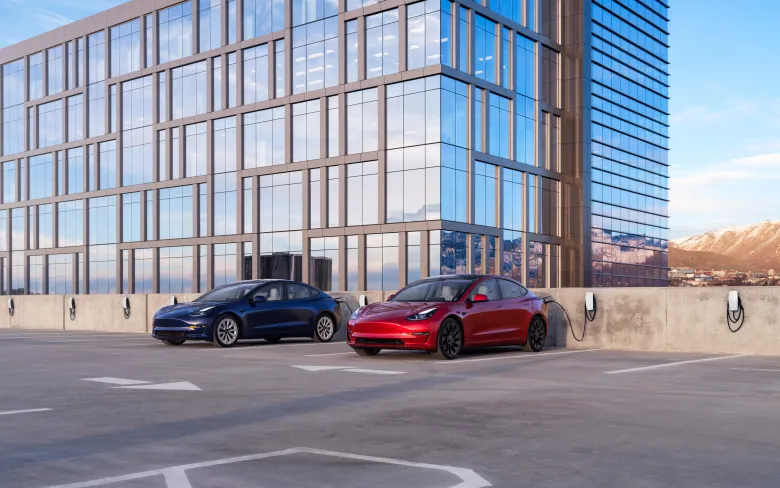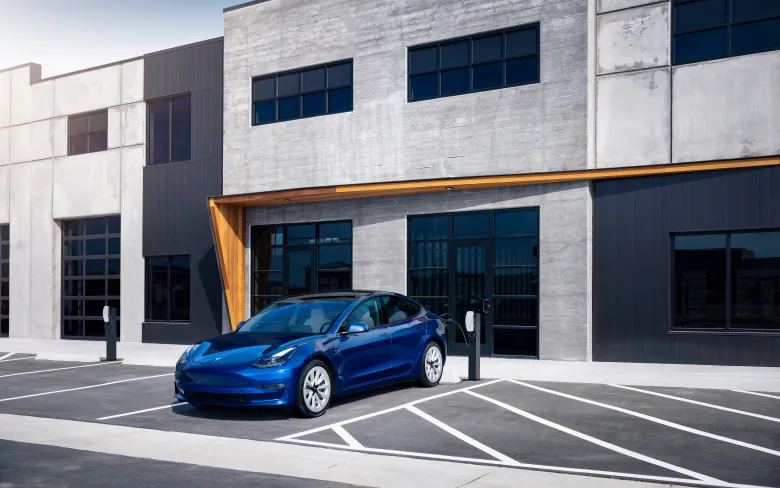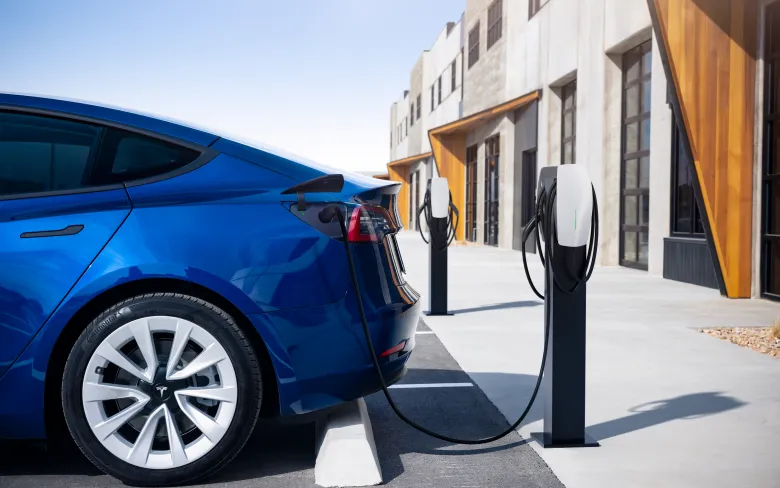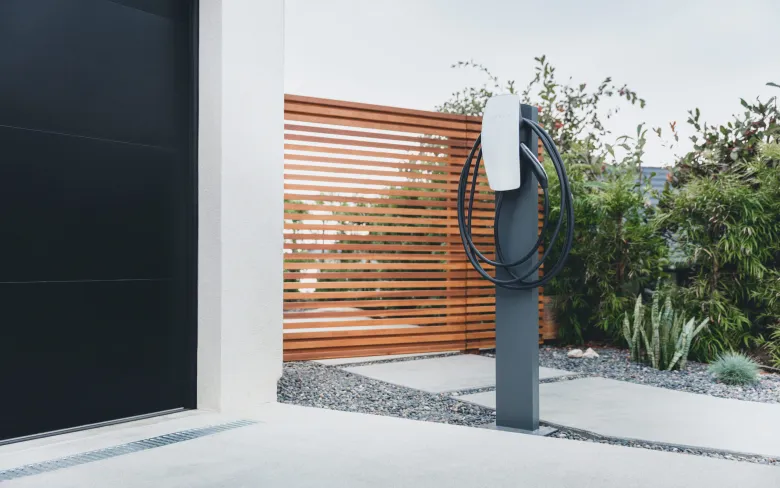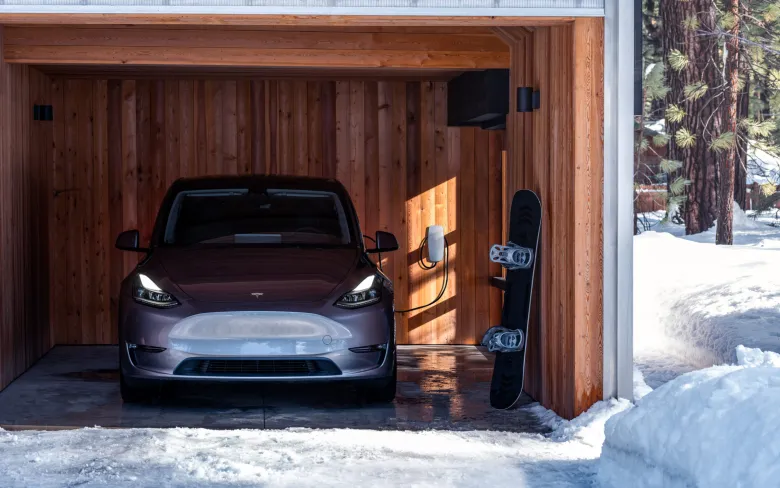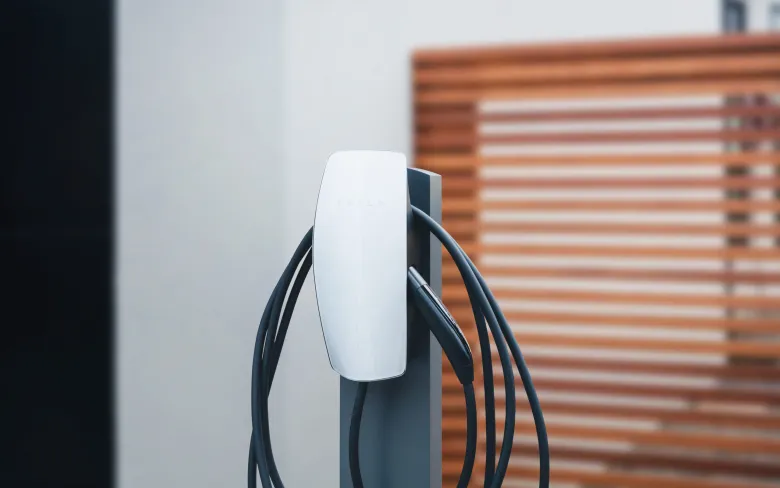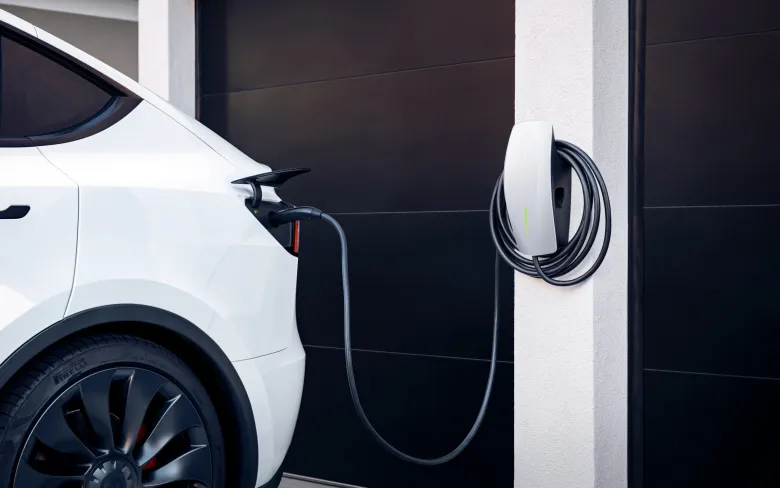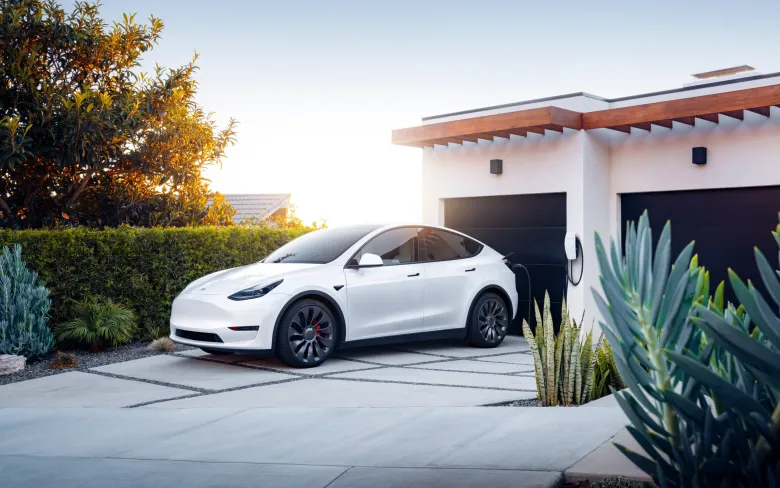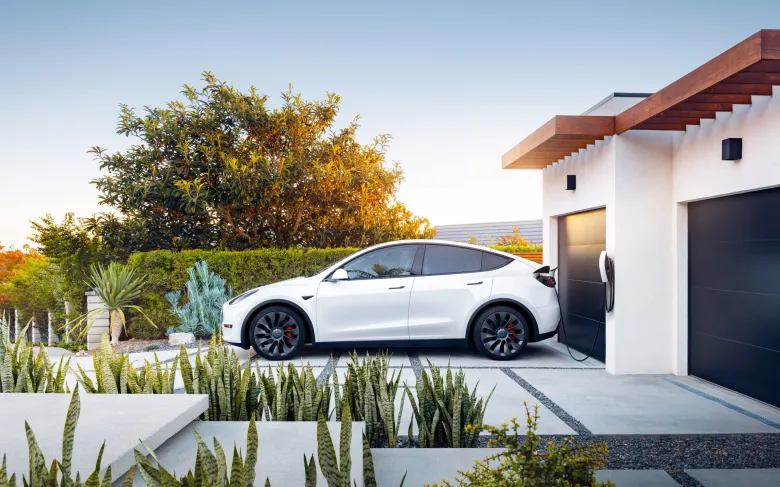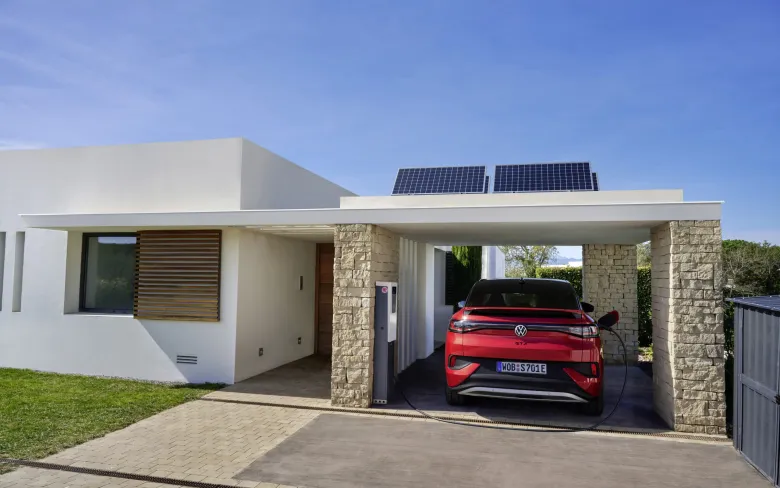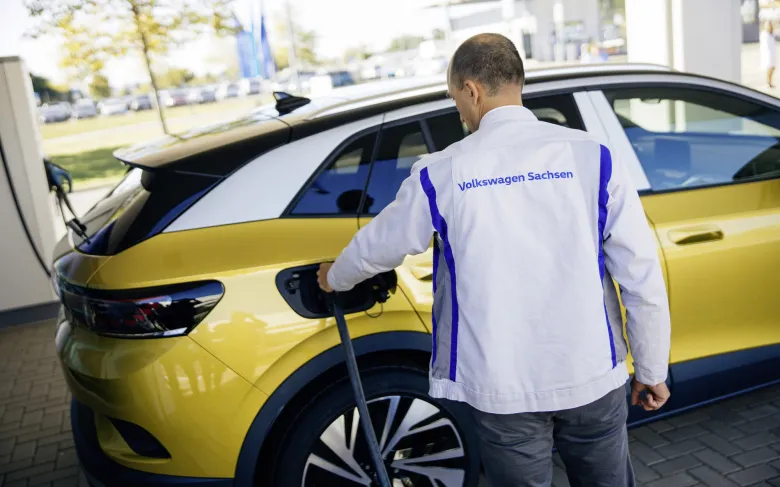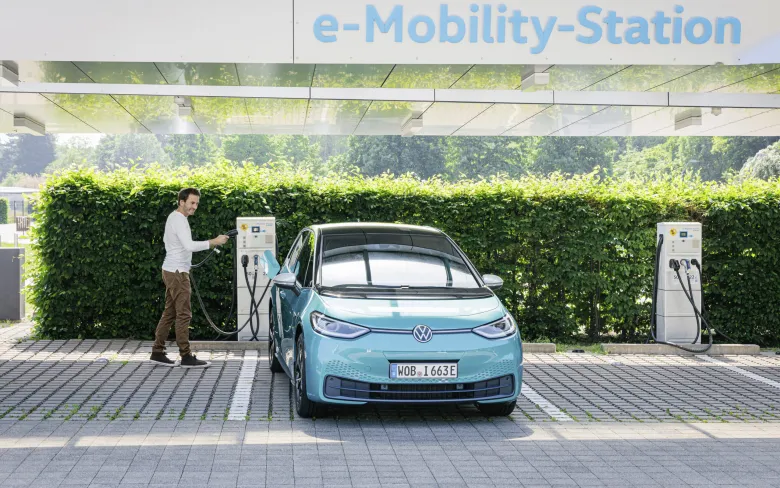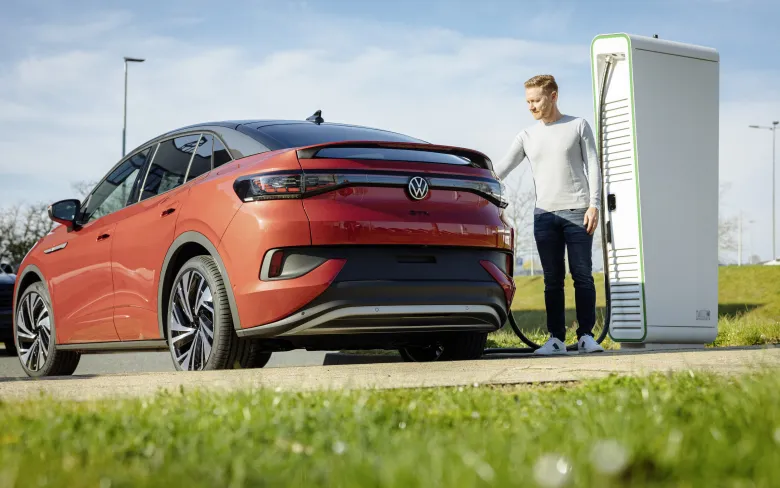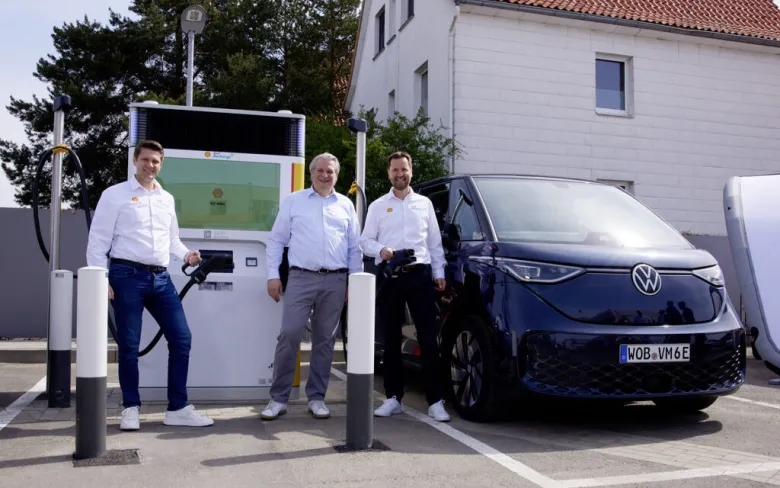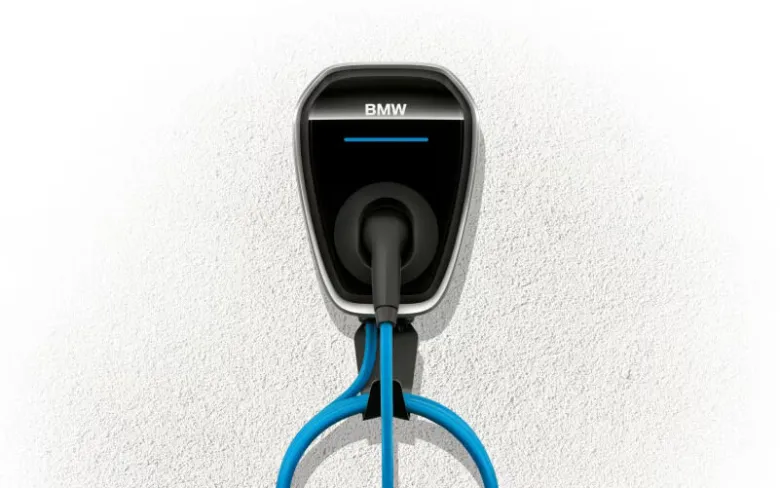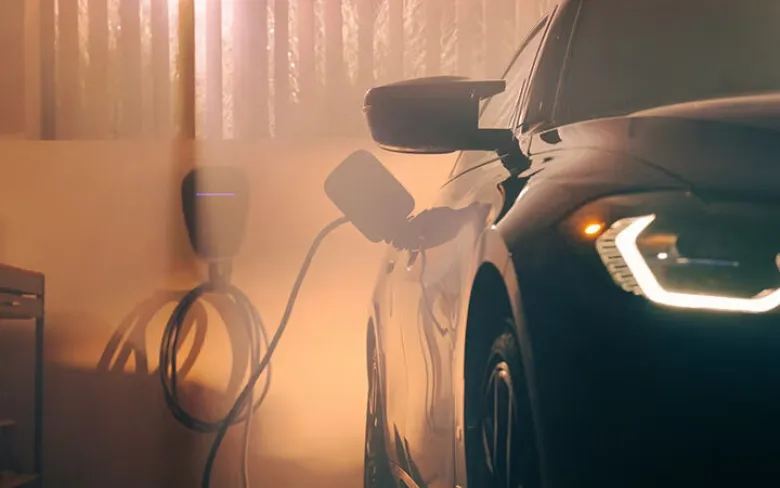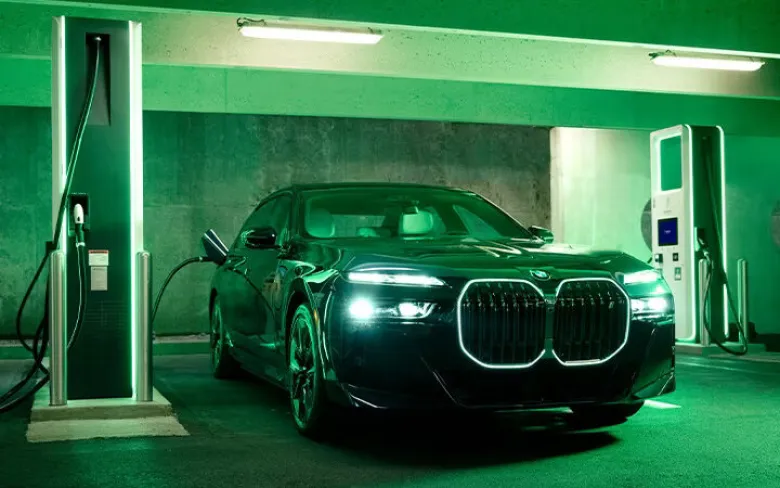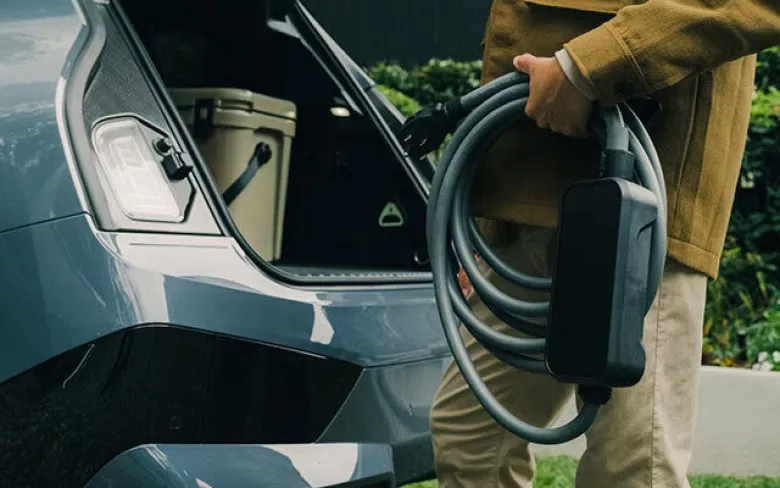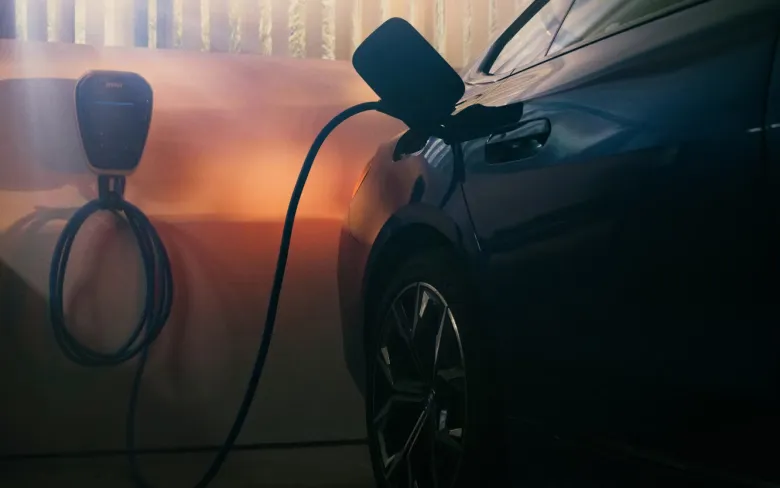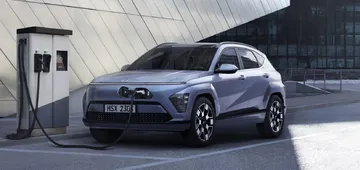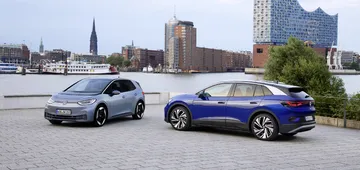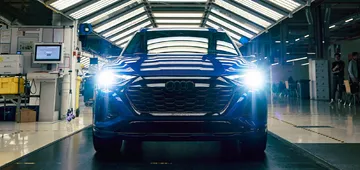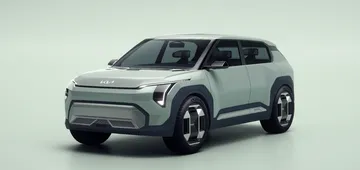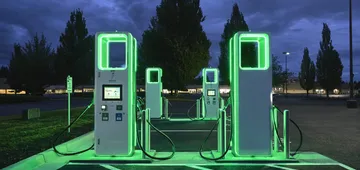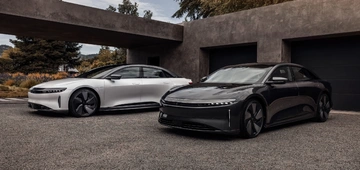The Advantages of Level 2 EV Charger
Level 2 EV chargers represent a significant step forward in the electric vehicle (EV) charging infrastructure, bridging the gap between the slower Level 1 chargers and the much faster but less common DC Fast Chargers (Level 3). Operating at a higher voltage of 240 volts, Level 2 charger offer a practical and efficient charging solution for both residential and commercial settings. They are designed to provide a faster charging experience compared to Level 1 chargers, which typically use a standard 120-volt AC household outlet. This makes Level 2 chargers an ideal choice for EV owners looking to balance charging speed with convenience.
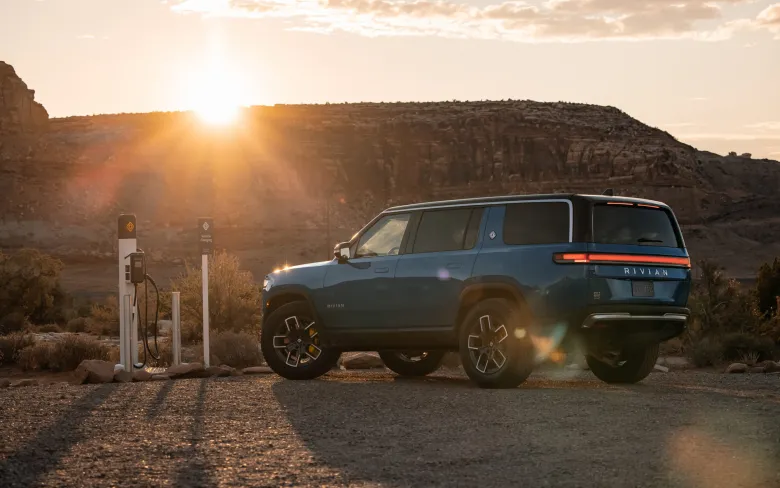
One of the standout features of Level 2 charger is their versatility. They are commonly found in a variety of environments including private homes, workplaces, and public charging stations. With charging speeds that provide approximately 10-60 miles of range per hour of charging, depending on the vehicle and charger specifications, Level 2 chargers significantly reduce the charging time compared to Level 1 chargers. This increase in speed and efficiency is crucial for the widespread adoption of EVs, as it aligns more closely with the refueling experience of traditional gasoline vehicles, thereby enhancing the practicality of owning an EV.
The Technical Aspects of Level 2 EV Charger
Level 2 EV charger represents a significant advancement in EV charging technology, offering a blend of speed and convenience that surpasses the capabilities of Level 1 chargers. Operating at a voltage range of 208 to 240 volts, Level 2 chargers can deliver power outputs ranging up to 19.2 kW in North America and 22 kW in Europe, drastically cutting down charging times compared to the 120-volt Level 1 chargers. For instance, while a 3 kW Level 2 charger can take about 13.3 hours to charge a 40 kWh battery, a more powerful 22 kW charger can accomplish the same in just about 1.8 hours. However, the actual charging time varies depending on factors like the EV's onboard charge acceptance rate and battery size.
The design of Level 2 charger comes in two main types: tethered and untethered. Tethered chargers, popular in North America, feature a permanently attached cable, offering ease of use and immediate readiness for charging, though they can be limited by the cable's length and are prone to wear and tear. On the other hand, untethered chargers, common in Europe, require users to supply their own charging cables, providing flexibility and ease of maintenance but adding the inconvenience of manual cable management. Additionally, Level 2 charging connectors vary regionally, with the Type 1 (J1772) connector used in North America and Japan, and the Type 2 (Mennekes) connector used in Europe and other regions. When installing a Level 2 charger, it's crucial to consult with a qualified electrician to assess the suitability of the home's electrical system and plan for any necessary upgrades.
Types of Level 2 Chargers
Level 2 EV charger is a key component for the best home charging experience, offering a balance between speed and convenience. When considering the installation of a Level 2 EV charger, homeowners have two primary options: tethered and untethered. Tethered chargers, with their permanently attached cables, are ideal for those who prioritize convenience and a hassle-free plug-and-go experience. In contrast, untethered chargers provide flexibility and adaptability, especially useful in diverse home setups where portability and cable length customization are important. Both types of chargers require a thoughtful installation process, considering factors like cable management and the compatibility with different EV models.
The cost of a Level 2 EV charger can vary based on the type chosen, with tethered chargers often being more cost-effective due to their all-inclusive nature. Untethered chargers, while potentially less expensive upfront, may require additional investment in separate charging cables. Homeowners should weigh these cost considerations alongside their specific charging needs, such as the desired portability and ease of installation. Regardless of the type, Level 2 EV chargers significantly enhance the home EV charging experience, combining efficiency with the convenience of charging your vehicle right in your own garage or driveway.
Installation and Requirements of the EV Charger
When considering the best Level 2 EV charger for home use, it's essential to focus on both portability and installation requirements. A 240v outlet with a NEMA 6-50 plug is typically needed for these chargers, which many garages already possess. If not, an electrician can install the necessary outlet or hardwire the unit, ensuring that the charger is correctly set up and accessible. The appeal of Level 2 chargers lies in their balance of efficiency and ease of use, making them a favored choice for home EV charging. They are designed to be user-friendly, often coming with Wi-Fi capabilities for scheduling and usage tracking, and are equipped with varying cable lengths to suit different garage setups. Some models even offer portability, allowing for use at multiple locations, enhancing their convenience.
The cost of installing a Level 2 EV charger at home can vary based on the existing electrical setup and the specific charger model chosen. Assessing the home's electrical capacity is crucial, as EV charging can draw a significant load (16 to 80 amps). In some cases, upgrading to a 200-amp panel is advisable to future-proof the home, especially for households with multiple EVs or large-scale electrification projects. While Level 2 chargers are more expensive than Level 1 chargers, they offer a faster and more efficient charging experience. They require a dedicated 240-volt circuit, and installation may include additional costs like permits, panel upgrades, and professional electrician fees. Despite these expenses, Level 2 chargers remain a cost-effective and practical solution for daily EV charging needs, blending portability, ease of installation, and effective home charging capabilities.
Purchasing and Installing a Level 2 EV Charger
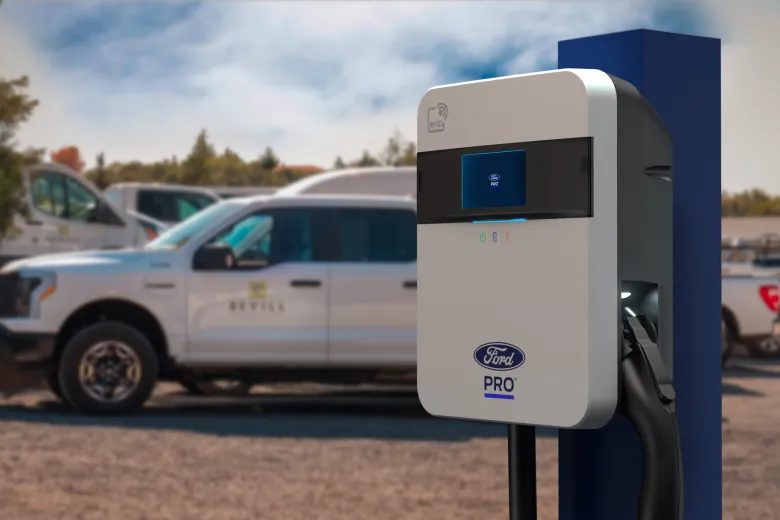
Investing in the best Level 2 EV charger for home use is a decision that involves considering both the cost of the charger and the installation. Typically, the charger itself ranges from $300 to $800, depending on the features and capabilities, with smart, Wi-Fi-enabled models at the higher end of this spectrum. For those seeking a portable solution, certain Level 2 chargers offer flexibility and ease of movement, making them ideal for homes with multiple parking spots or for use in different locations. The installation cost varies significantly based on the complexity of the job, with basic setups costing between $250 to $400, and more extensive installations, including electrical panel upgrades and extensive wiring, reaching up to $4,500.
When budgeting for a Level 2 EV charger, homeowners should factor in the labor costs of professional electricians, which can range from $40 to $100 per hour, and additional costs for necessary electrical upgrades. For instance, installing a new 240-volt circuit and outlet could cost between $300 to $800. In cases where the existing electrical panel cannot support the new circuit, upgrading to a 200-amp panel is advisable, adding $1,800 to $2,500 to the overall cost. Despite these initial expenses, choosing a Level 2 charger is cost-effective in the long run, offering faster charging times and greater convenience compared to Level 1 chargers. Additionally, many utility companies offer rebates and incentives, making the installation of a Level 2 EV charger at home a financially viable and efficient solution for EV charging needs.
Why Choose Level 2 Charging?
Level 2 EV charger stands out as the best option for EV owners looking for an efficient and speedy charging solution. These chargers significantly reduce charging time by up to 75%, making them a convenient choice for daily use. Their efficiency is also reflected in energy usage, potentially reducing the cost on electricity bills. Level 2 chargers are versatile, compatible with all EV models, and are available in both tethered and untethered varieties. For those considering installation at home, the process requires a professional electrician and can cost between $500 to $2000, exclusive of any necessary electrical upgrades. Despite this initial investment, the long-term benefits of faster charging and greater range make Level 2 chargers an excellent choice for home use, ensuring that your vehicle is always ready to go.
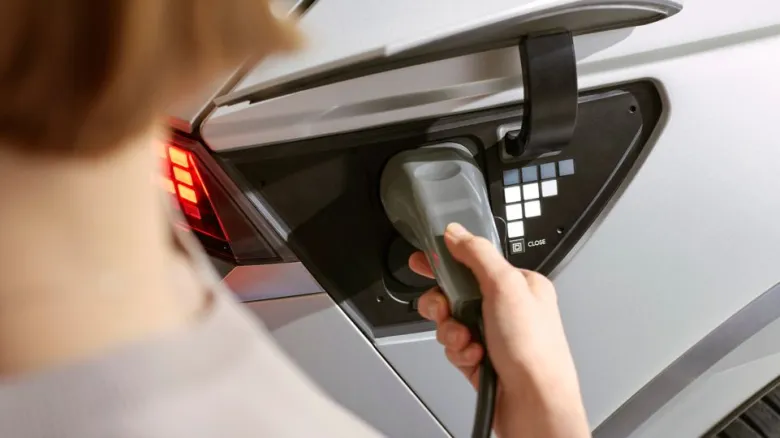
The rapid expansion of Level 2 EV charger infrastructure caters to both public and private applications. Public charging stations, often equipped with multiple charging ports, are strategically located in high-traffic areas, offering additional amenities like Wi-Fi and food services. Private charging solutions, including home and workplace installations, provide the convenience of overnight charging. Portable Level 2 chargers add an extra layer of flexibility, allowing EV owners to charge their vehicles in various locations. Choosing the right Level 2 charger involves considering factors such as power output, connector type, and brand reputation, ensuring that you select a charger that meets your specific needs and budget. With the right Level 2 EV charger, owners can enjoy the benefits of an EV without the hassle of long charging times, making it an ideal solution for modern, eco-friendly transportation.
Residential, Commercial, and Portable EV Chargers
The Level 2 EV charger is acclaimed as the best choice for both home and commercial settings, offering a perfect blend of efficiency and convenience. At home, these chargers provide a significantly faster charging experience compared to Level 1 chargers, making them ideal for daily use. The cost for a residential Level 2 charger ranges from $450 to $2,000, with installation expenses varying based on the complexity of the setup and the electrician's labor. For those seeking flexibility, portable Level 2 chargers offer an added advantage, enabling charging at various locations and proving essential for EV owners who travel frequently. These portable options maintain the efficiency of fixed Level 2 chargers, yet provide the convenience of mobility, merging the best of both worlds for a comprehensive EV charging solution.
In the realm of commercial use, Level 2 EV charger steps up as a robust solution, catering to a wide range of businesses, from workplaces and event centers to apartments. These chargers are more powerful than residential ones, with charging speeds up to 350 kW, thus ensuring a rapid charging process suitable for high-demand commercial environments. The installation of commercial Level 2 chargers, although more complex and requiring additional electrical infrastructure, brings substantial returns on investment. The cost for these commercial chargers can range from $5,000 to $50,000, depending on features and capacity. Both residential and commercial Level 2 EV chargers are eligible for various rebates and incentives, which can significantly offset the initial installation cost, making them a cost-effective solution for the long term.
Financial Benefits of Level 2 EV Charger
Incentives and rebates significantly enhance the appeal of Level 2 EV charger, making them a financially attractive option for both home and business installations. In regions like the the US, state-specific incentives, such as New York's EV tax credit, which offers up to $5,000, significantly reduce the financial burden of adopting Level 2 charging solutions.
On the utility front, companies across various states offer enticing rebates. In California, Pacific Gas and Electric (PG&E) provides rebates up to $500 for a Level 2 EV charger station and up to $2,000 for electric panel upgrades for residential customers. Colorado's Xcel Energy offers a $500 rebate for enrolling in the Optimize Your Charge program and installing a qualifying Level 2 charger. In Oregon, the Eugene Water & Electric Board's $500 Smart Charge Rebate, and in Texas, Austin Energy's rebate covering 50% of the purchase and installation costs of an approved Level 2 charging station, up to $1,200, demonstrate the commitment of utility providers to support EV adoption. These incentives and rebates not only reduce the cost barrier but also position Level 2 chargers as a cost-effective, accessible, and sustainable choice for EV charging at home and work.
Conclusion about Level 2 Chargers
Level 2 EV charger is a major advancement in EV charging, offering a middle ground between the slower Level 1 and the faster but rarer DC Fast Chargers (Level 3). These chargers operate at 240 volts, providing a more efficient charging solution suitable for both home and commercial use, and are ideal for EV owners seeking a balance between speed and convenience. Available in various settings like homes, workplaces, and public stations, Level 2 chargers offer faster charging times, adding about 10-60 miles of range per hour, which is crucial for the widespread adoption of EVs and mirrors the refueling process of traditional vehicles.
As a key part of the EV infrastructure, Level 2 charger is essential for the transition to EVs. Their widespread availability and ability to significantly reduce charging time make them a practical choice for EV owners. They play a crucial role in overcoming range anxiety and promoting sustainable transportation, offering a balance of speed, convenience, and accessibility that is vital for the mainstream adoption of EVs.
Comparison of the Charger Types
| Attribute | Level 1 Chargers | Level 2 Chargers | DC Fast Chargers (Level 3) |
|---|---|---|---|
| Voltage | 120 volts (standard outlet) | 240 volts | 400-800 volts |
| Charging Speed | Slow (2-5 miles of range per hour) | Moderate (10-60 miles of range per hour) | Fast (up to 20 miles of range per minute) |
| Typical Use | Residential (overnight charging) | Residential/Commercial (faster home charging, public stations) | Commercial (rapid charging, long trips) |
| Installation Cost | Low (uses existing outlets) | Medium (may require installation of a 240-volt outlet) | High (requires specialized equipment) |
| Compatibility | All EVs | All EVs | Most modern EVs (not all models compatible) |
| Time to Full Charge | 8-20 hours (depending on the battery size) | 3-8 hours (depending on the battery size) | Less than an hour (for most vehicles) |
| Ideal For | Overnight charging at home | Daily use, faster home charging, workplace charging | Quick charging on the go, long trips |
FAQs about Level 2 EV Charger
Level 2 charging equipment provides accelerated AC charging via a 240V electrical service for residential use or 208V for commercial settings. This type of charger is widely used in homes, workplaces, and public charging stations. It can recharge a Battery EV (BEV) to 80% from a depleted battery in approximately 4-10 hours.
If your home is equipped with a 100-amp electrical panel, you will likely need to upgrade to a 200-amp panel to accommodate a Level 2 EV charger. It's recommended to have this upgrade performed by a licensed electrician.
The "Type 2" socket is recognized as the universal standard for charging electric cars across Europe. This Alternating Current (AC) connector allows for the charging of any type of EV, provided you have the suitable charging cable for your car. This system is similar to how both Apple and Android phones can be charged from a standard wall socket, as long as the correct cable is used. It's an AC connector type, specifically designed for versatility and widespread compatibility.
Overall, Level 2 charging stations are safe to use when they are installed by qualified technicians and in accordance with the manufacturer's instructions. They provide faster charging capabilities and are more energy-efficient compared to Level 1 chargers.
While a Level 1 charger typically delivers about 4 miles of driving range for each hour of charging, a Level 2 charger can provide an average of 32 miles of driving range per hour of charge.
Recently, we made the article about Pros and Cons of Electric Cars, aslo we made the article about EV Range Comparison.
